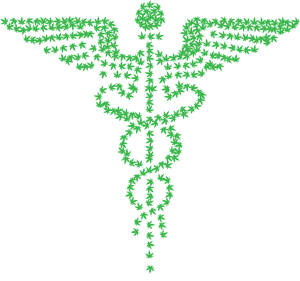Published in Social Science & Medicine, a recent study conducted by Drexel University has shed light on how, even in a world of evolving precision medicine, there is also merit in looking at illnesses more broadly.
Kelly Joyce and one of her former graduate student’s Melanie Jeske examined this puzzle utilizing interviews. Specifically, these scholars focused on autoimmune diseases such as celiac disease, Rheumatoid Arthritis (RA), lupus, and Multiple Sclerosis (MS).
About Autoimmune Diseases
There are over 80 illnesses that fall under the “autoimmune” umbrella. In other words, all of these illnesses are characterized by an immune response where the body attacks its own healthy cells. In the United States, there are around 50 million people living with an autoimmune condition.
The autoimmune label provides physicians and patients a general understanding of what is going on in the body.
These conditions are chronic, complicated, and it may take a long time to uncover the correct diagnosis. Symptoms may not be clearly presented, and they may change over time. Diagnosis is all the more complex because for many diseases, the cause is unknown. Unfortunately, many also do not have a cure.
About the Study
Joyce and Jeske conducted 45 interviews with patients. All of the participants used both the broad “autoimmune disease” and their specific diagnosis when discussing their health. Why might these patients use the broad term as well?
- It is easier to explain to loved ones that they have autoimmune disease (as most people have a general knowledge of what those are) than it is to explain all of the specifics of their individual diagnosis
- Their specific diagnosis has, or will change over time
- The term “autoimmune” does describe the general experience of their illness
- They know that everyone experiences their specific diagnosis differently (symptoms, effective treatments, life day to day, etc.)
- Using the general term allows them to feel connected to other patients with differing diagnoses but similar experiences
Concluding Thoughts
Ultimately, talking about autoimmune diseases broadly allows for “continuity, certainty, and community.”
We need to think of autoimmune disorders as a range of conditions, all nestled into the same umbrella. Thinking in this way could not only help our understanding of the diseases as a whole, but could help our research into new therapies as well.
Joyce believes that this idea can apply to medicine broadly. Broad definitions help to emphasize connections. Narrow definitions help us to understand differences. By promoting a renewed attention to “similarity,” we may uncover new treatments faster.
You can read more about this study here.






